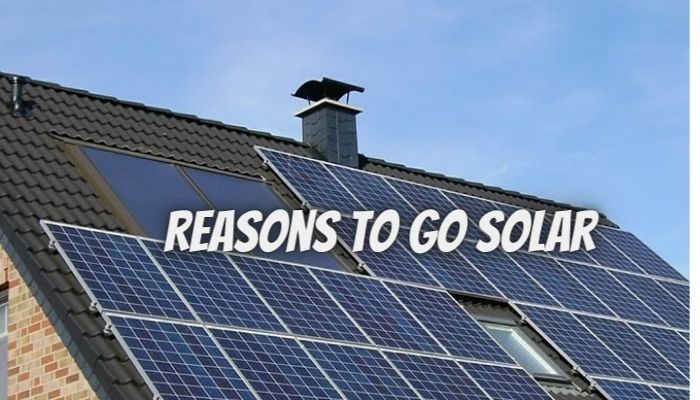Many of you reading this remember a time not so long ago when you literally used a telephone landline to dial up to an Internet service provider. Speeds were slow, but many people did not notice as much as they do now because activities were generally limited to email and web browsing that was so different from the modern online experience that it might as well been designed by cavemen.
How Much Internet Speed Do You Really Need?
Even the most casual internet users are interacting with Facebook and other social media, and that often means consuming large video files. The pandemic has introduced much of the world to video calls and conferencing, and many people have cut the cord and now stream their movies and television from services like Netflix, Planet Dish and Go Latino TV. All of these activities have left people less satisfied with their Internet speeds than they were back in the day when making an Internet connection had a sound associated with it.
ISP Recommendations
Your internet service provider is happy to tell you how much you need, but you do not have to be a cynic to be wary of taking advice from an organization seeking to maximize profits. In fact, many ISPs seek to sell customers on speeds they cannot actually deliver. Read your Internet fine print. It may surprise you.
Recommended Internet Speeds
There are some general recommendations that are suitable to the average user. If your online activities are limited to email, web browsing and social media, then 10 Mbps is recommended, and you can probably get away with 5 Mbps. If video calls and conferencing is something you do on the regular, you can still get away with that 5 Mbps, but performance would be much better the closer you get to 20 Mbps. This is why so many people realized their Internet service was not up to snuff during the pandemic. If you stream movies online, then 10 Mbps is the minimum and 20 Mbps is preferred. Consumers should target 25 Mbps if they game online or stream 4K content, and if watching 4K content is a routine part of your life, you can absolutely benefit from as much as 35 Mbps.
Device and User Count Matters Too
The recommendations above are fine if you live alone and tend to consume the Internet one device at a time, but that is not the reality for most. Many people live with partners and children and often have multiple devices connected at once. At this point, recommendations become more difficult. The easy answer is that you can never have too much and should probably purchase as much as you can afford. If you have a family or several Internet-connected TVs or work from home, then chances are that you exceed 100 Mbps and should perhaps use that as your bare minimum.
Investigate Advertised Speeds
Many consumers take advertised Internet speeds at face value but should not. The Federal Trade Commission has even begun to crack down on ISPs that stretch the truth a bit too much. A recent study performed by an independent research firm found that 15 percent of Americans are paying for a level of Internet service that they do not actually receive. This would be less of a problem if you could actually shop for your ISP of choice, but few Americans actually have the option. Still, armed with the pertinent information, you can negotiate for speeds and a price that suit you and your family.




